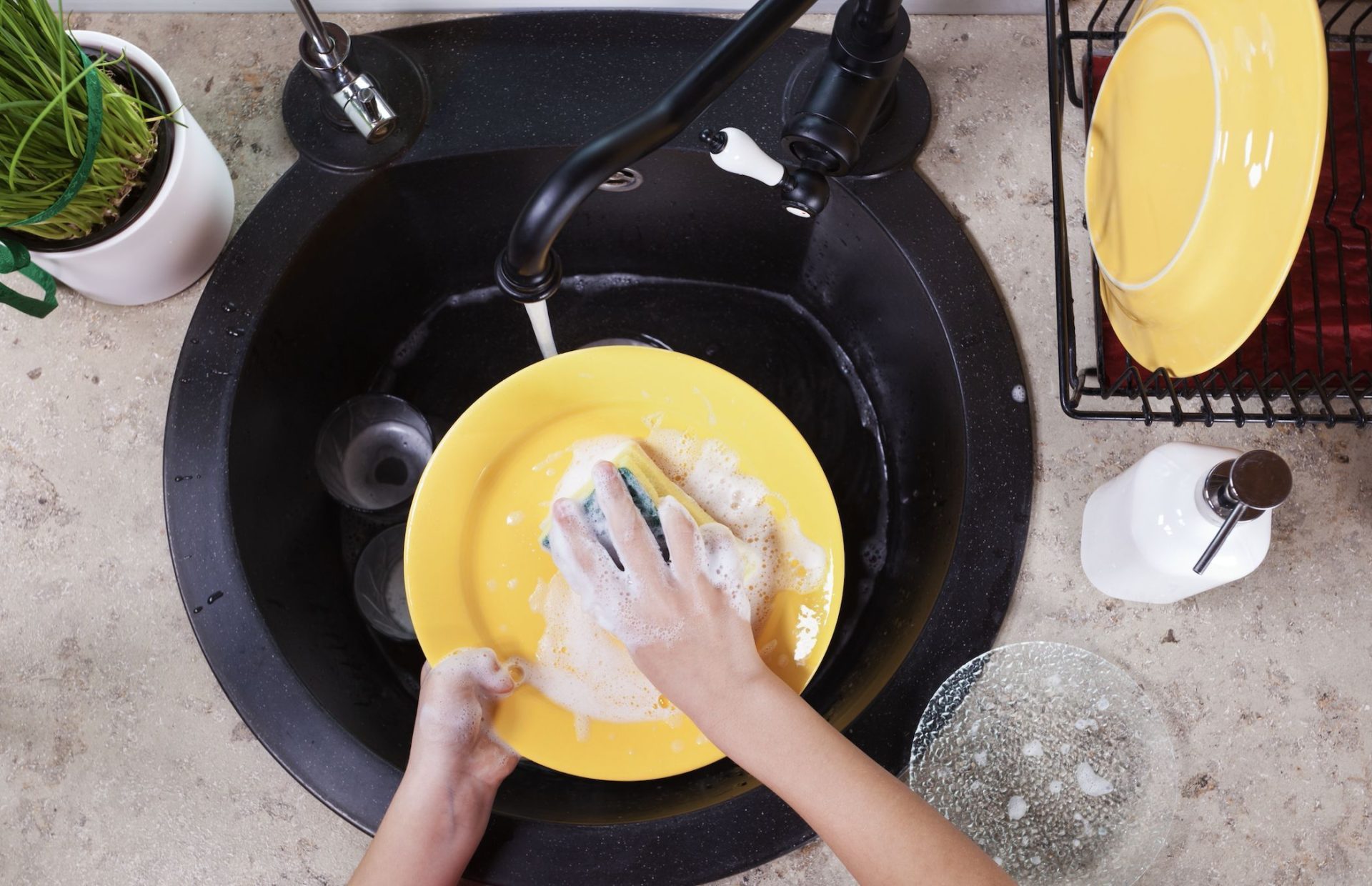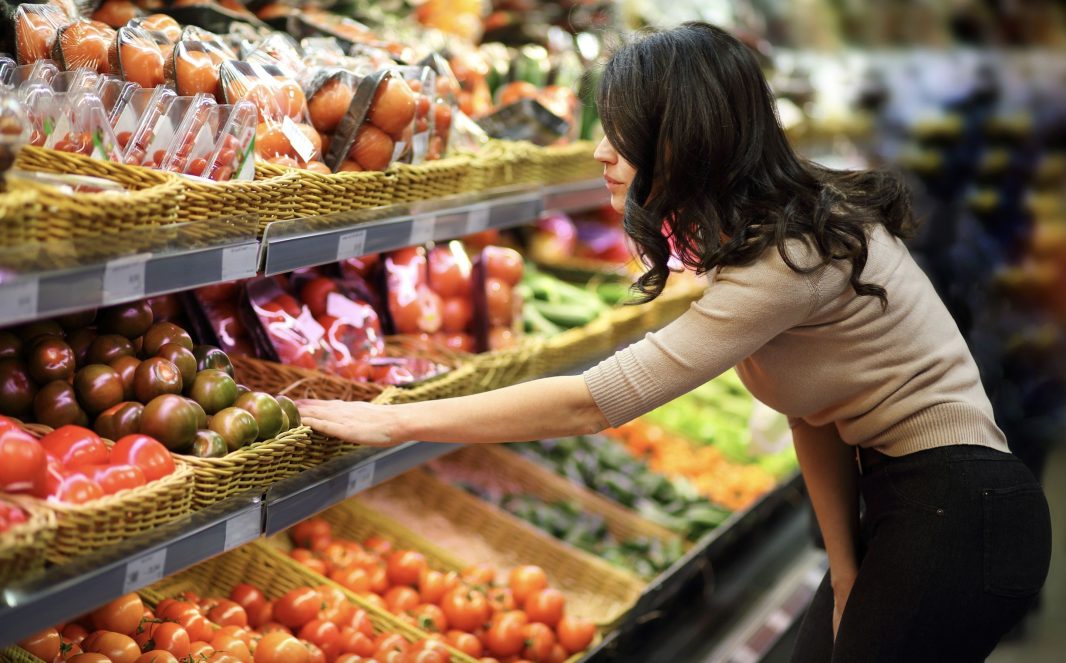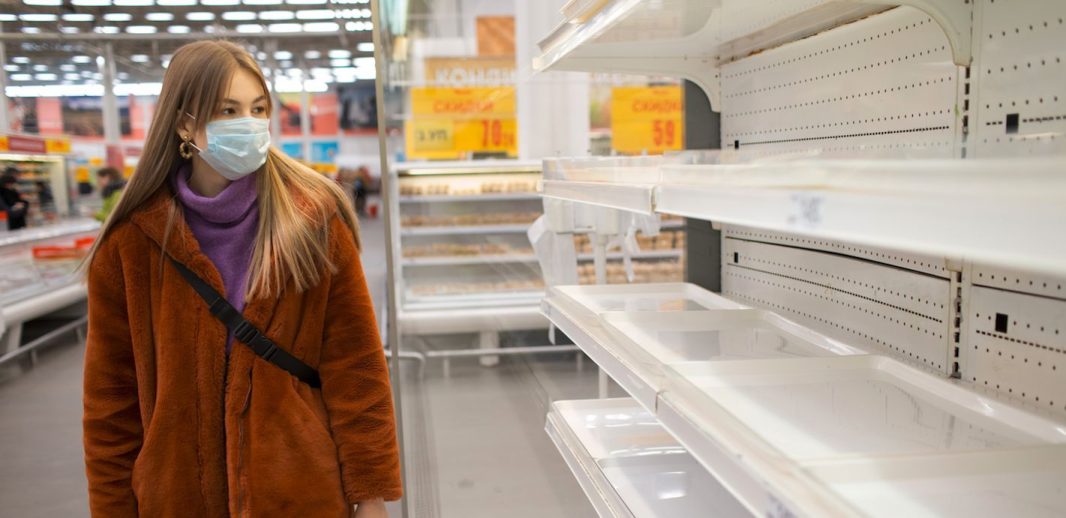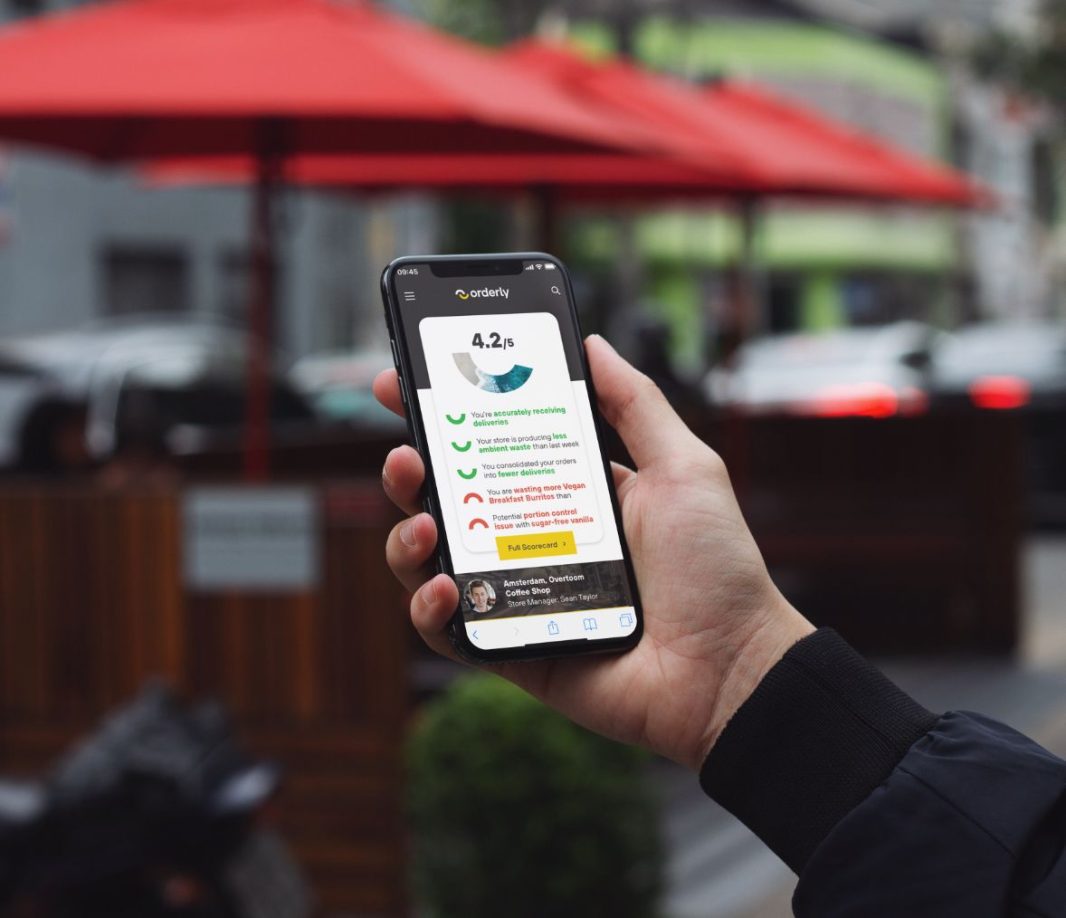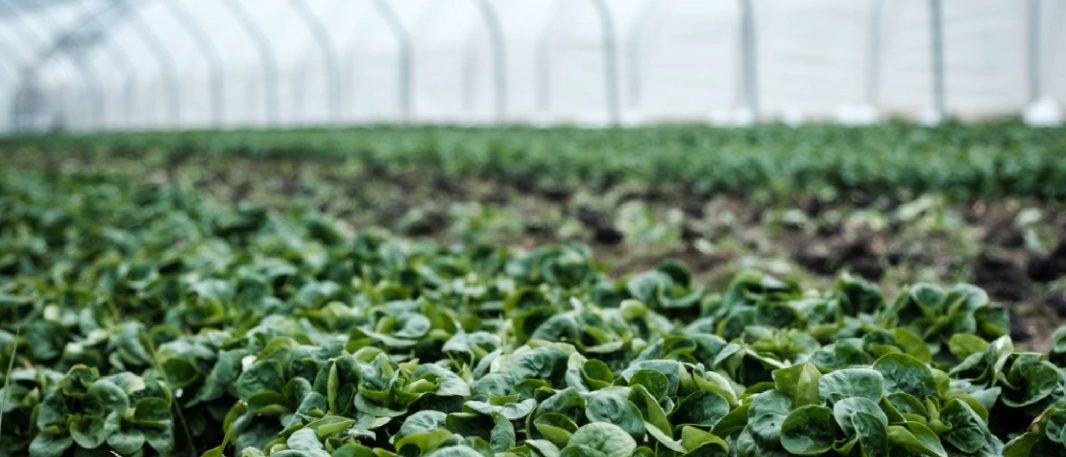The news had an interesting turn this week as environmental advisor Allegra Stratton’s suggestions to not pre-wash dirty plates before using a dishwasher were met with ridicule. She also gave tips in an article for the Telegraph including freezing half a loaf of bread rather than throwing the other half away, or walking to the shops instead of driving.
Environmentalists and opposition parties were quick to tell us all that the measures wouldn’t go far enough with Caroline Lucas, former Green Party leader, simply tweeting: ‘Yeah that’ll fix it’.
(If you’ve left Twitter because you found it depressing and unkind, you’ll be pleased to see that nothing much has changed in the last 5 years.)
We do understand the snark. Freezing bread loaves isn’t the fast change we need and it’s not the biggest cultural shift of the decade. Yet while it’s always great fun to jump on a bandwagon indicating that our leaders in government might be missing the huge elephant in the room when it comes to sustainable changes, is the sniffy attitude around incremental changes actually helpful?
If not now, when?
The undeniable addition to Allegra’s comments were ‘On your own, we are not pretending these steps will stop climate change.’ It’s obviously all part of a bigger change. The attitude of something being too small to even bother with, is a tricky one to sit with, and it causes plenty of damage. Perhaps a handful of SME business owners read the news, and paused their plans to change their lighting in their warehouse, to change how they recycle, or even talking to their people about how to improve sustainability. After all – it’s costing them money, right now and cost can easily overcome conscience.
A message that just the big things matter, when we know that altering culture has to be inclusive to everyone may lead to resistance to any change at all.
Our wellbeing in many areas of our lives are in jeopardy. Mental health, our physical health. Global warming. Food waste. We have had a period of change, with movements like Me Too and Black Lives Matter all highlighting serious areas where we need to change how our society is run.
Now, there is unlikely to be any company who is not considering how to work better in many of these areas. Let’s not put them off at the first hurdle.
Things are ready to change
We’ve had work from home. Hybrid working is set to take centre stage for the rest of the year, and many believe that we are moving towards a better vision of business for good – not profit at any expense. Saving the planet and not harming anyone – and of course, making money could be combined.
But change will need to be made. The question is if that can come slowly, and what will drive that change. In Doughnut Economics: Seven Ways to Think Like a 21st-Century Economist, Kate Raworth offers a new model for economics, based around the ‘doughnut’, which values human well-being and advocates for a ‘regenerative and distributive economy’.
Depicting humanity as a doughnut with social foundation and human well-being in the middle and is itself ‘the safe and just space for humanity’ and a ‘regenerative and distributive economy’, surrounded on the outer edge by the ecological ceiling of ‘critical planetary degradation’. The overall target she suggests should be to remain within the doughnut to ensure that we neither fall into conditions of social inequality and suffer shortfalls, such as in water and food, nor to allow growth to overshoot into threatening environmental collapse.
It’s one view challenging the current narrative of how we think, but it echoes the sentiments of many. Consider brands like Lush who have a philosophy of sustainability. One of their most recent investments is in Regenerative Farming, a type of agriculture that works with nature, instead of against it. It reverses deforestation, restores degraded soil, increases biodiversity, and even urges an environment to resurrect itself to its original state.
Other brands like Patagonia are famed for their sustainable redentials, with a mission statement to “build the best product, cause no unnecessary harm, use business to inspire and implement solutions to the environmental crisis”. They have made contributions of more than $110million in grants and donations to grassroots environmental groups.
In November 2016, it pledged to donate all Black Friday profits. Their daily taking? $10 million. Consumers rushed to buy to support the message and the ethos. The 1% for the planet initiative asks companies to donate 1% of their gross annual revenues to environmental and climate causes, and more than 1,800 companies are part of this. But there are thousands more who aren’t.
Some may claim greenwashing is in action for some of the companies who scramble to do something, anything. The clear volume of sales when a company such as Patagonia tries to disarm consumerism on Black Friday is evidence that being sustainable is a mission dotted with missteps and potential failings. Each piece of Patagonia clothing still emits several times its weight in greenhouse gases, generates at least another half garment’s worth of scrap, and uses freshwater,
No one is perfect.
But some change is better than no change. Perhaps the brands of the future will step into different categories – those who are able to work as a business with a conscience, and those who don’t. It may be consumer driven, or regulated. Until that point, we still need to make changes.
Small steps can create change
Addressing business leaders as well as consumers seems to be the right decisions. As they say in marketing parlance, H2H – or human to human is the way forward. Sustainability is a people driven task whether they are debating lobbing that tin into the black bin, or rinsing it and recycling, or if they are looking at some changes to how their business operates and going for an expensive, but ultimately better choice for the planet.
At Orderly we really believe small steps build confidence and create that reward that’s missing in sustainability. No-one except you (and perhaps a kind housemate or partner) is celebrating your move to a shampoo bar over a plastic bottle. But in the workplace, these can become celebrated moments of success and recognition.
The scorecard is designed to make it easy to be green, or greener than yesterday, last week, or last quarter. We focus on helping drive down food waste, and this is a critical area, but we believe once habits are formed in one area, they are likely to spill over into other parts of your life, and a business.
So, while you won’t catch us rinsing our dishes and using up extra water, and you will see us freezing our bread, you won’t find us complaining about changes people make – however small they seem.
To discover more about the Orderly scorecard, get in touch with us here.

